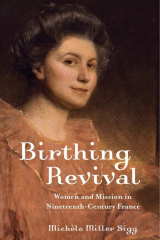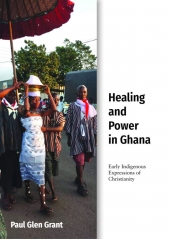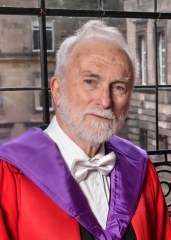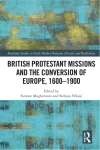 The nineteenth century witnessed a flurry of evangelical and missionary activity in Europe and North America. This was an era of renewed piety and intense zeal spanning denominations and countries. One area of Protestant flourishing in this period has received scant attention in Anglophone sources, however: the French Réveil.
The nineteenth century witnessed a flurry of evangelical and missionary activity in Europe and North America. This was an era of renewed piety and intense zeal spanning denominations and countries. One area of Protestant flourishing in this period has received scant attention in Anglophone sources, however: the French Réveil.
Born of a rich Huguenot heritage but aimed at recovering the religion of the heart, this awakening gave birth to a dynamic missionary movement—and some of its chief agents were women.
To know more about this 2022 scholarly book (Baylor University Press) written by Michèle Miller Sigg, click here
And for a review (in english) of Birthing Revival from French scholar Valérie Duval-Poujol, click here




